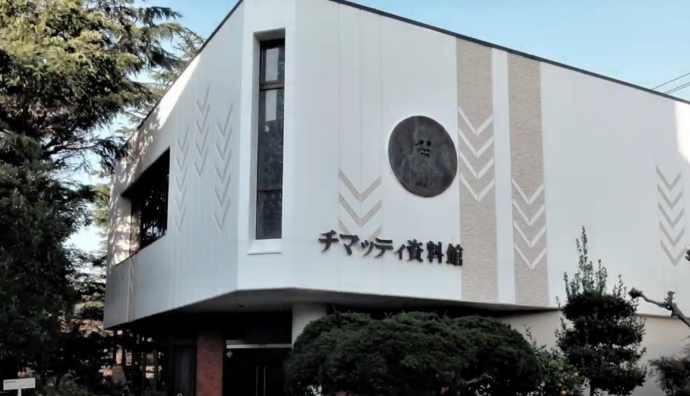Today’s post comes out on the day in which the memory of Father John Bosco is celebrated, a man who is venerated in the Catholic Church as the “Saint of the young”.
Regardless of one’s choice, which determines one’s position towards faith and the ethics that derives, almost all of us have passed through an oratory . Places where we tried to bring together boys and girls, teenagers and young people to offer them a safe place for recreation , moments of training and tools to guide their lives .
Those who have been in an oratory and who have passed through a Salesian institute to study, in addition to scraped knees for endless football matches, have been able to have a direct experience of joy and its deeper meaning.
Don Bosco used to repeat to his followers “Here we make holiness consist in being very happy” (MB V 356). A kind of happiness that comes from alacrity, from the full use of time : in play as in study, in being together as in moments of personal spirituality. From there flows that kind of serenity and joy of those who know – they feel – that he squeezed everything out of his day to get something good for himself and for others.
We like to remember Father Bosco today paying homage to a Salesian who was very active in Japan, from 1926 until his death in 1965: Father Vincenzo Cimatti.
We do this because in the figure of Father Cimatti and in his work a little we can find the common experience of every martial arts practitioner and the fascinating difficulties in making synthesis of their Western baggage with the heart of culture but also of Eastern spirituality.
And also because we believe that the Dojo is one of the many multicultural environments in which each of us lives daily and from this point of view it is not so different from the world in which Father Cimatti found himself found speakers in Japan.
Father Cimatti was certainly a purebred horse: a degree in Agriculture, Philosophy, Pedagogy and a diploma in composition. Yet he was certainly not leveraging his resume that he broke through in Japan.
A Japan crushed by the poverty of wars, plenty of orphans and needs. From this point of view, not different from the Turin in which Father Bosco lived. Nor far from the reality in which the Salesians currently work with effort and dedication in Africa, South America and the Far East.
Faced with a cultural matrix with roots so different from his own, Father Cimatti leveraged on the universal language of harmony. In particular through the harmony of music.
Anyone interested in learning more can read this beautiful article by Father Claudio Ghione (so far in Italian), who has studied the figure of Father Cimatti in depth.
Slowly and progressively, on this common ground, Japanese society learned to know and appreciate Father Cimatti and vice versa, to the point of being invited to compose a sonata to be broadcast on the imperial radio for the two thousand-six-hundredth anniversary of the foundation of the Empire.
His life brings along it over two thousands musical performances, compositions by the dozen, the opening of childcare centers, oratories and professional schools even in Tokyo. All this granted him the highest honor possible to a foreigner, bestowed upon him by the Emperor.
Yet everything starts from that small Greek word, “harmony”, from the capability to put together things, people, situations, distinct and unique realities, to make them something beautiful, useful, new.
And if for a priest all this is done to testify through his faith that at the root of harmony there is a divine foundation that makes every person a brother in the same human family, what can push a layman to step on a tatami?
Where can lead the belief that the first kanji that makes up the word Aikido, 合氣道, actually means “harmony” towards one’s fellow practitioners and outside the Dojo?
What kind of environment can the Dojo be in a condition of multiculturalism and what testimony can it offer?
To what extent a Dojo can be considered a place to “be very happy”?
Open questions, which certainly did not have a very different form from those Father Cimatti asked himself, finding a so strong answer that he is still venerated and honored in “his” Japan.
(In the picture: チマッティ 資料 館 – Cimatti Shiryoukan Tokyo, Chofu, all rights reserved)

